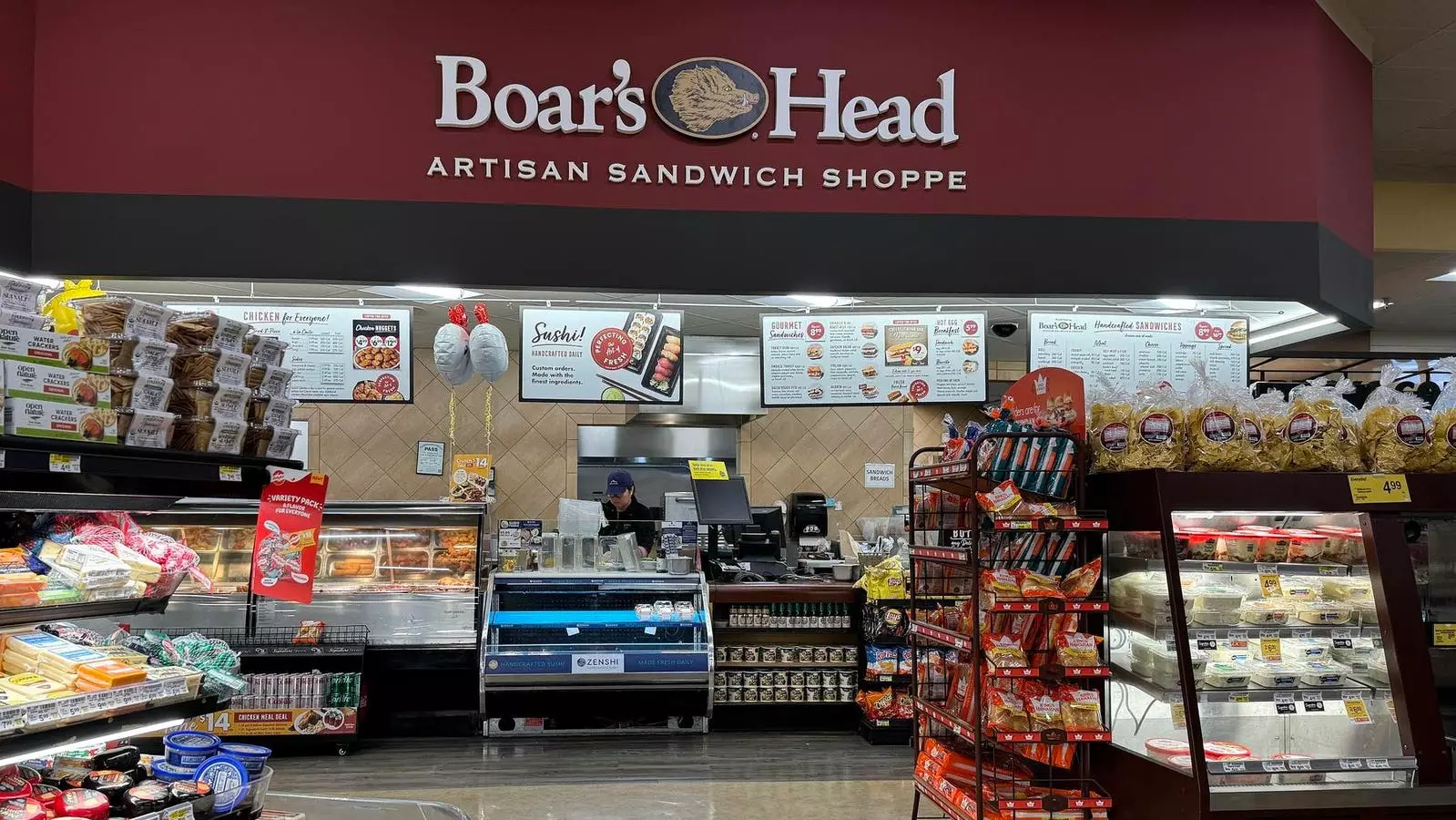Boar’s Head, an iconic name in America’s deli meat industry, has garnered both admiration and scrutiny over the years. Renowned for its quality products, the company has firmly established itself as a leader; however, recent revelations from former employees have shed light on the more contentious aspects of its business practices. The grave concern raised by these insiders is that Boar’s Head employs aggressive tactics through a network of independent authorized distributors, a practice that some describe as bordering on intimidation. This article aims to dissect the various claims made about Boar’s Head’s operations, placing them within the broader context of food distribution and corporate ethics.
A prevailing theme echoed by former employees is the high-pressure sales environment that Boar’s Head has cultivated. The report reveals that the relationship between the company, its distributors, and the retailers they supply can be characterized by a hierarchy that emphasizes pressure tactics. One former employee claimed, “The company would intimidate the distributor. The distributors would intimidate people.” Such practices could potentially undermine the very essence of customer service—namely, building relationships based on trust and collaboration. Instead, the industry seems to have transformed into a battlefield where aggressive tactics reign supreme.
The ramifications of such an environment extend beyond mere sales figures; they implicate the well-being of employees and retailers alike. When intimidation becomes the order of the day, it can lead to a toxic workplace culture that affects not only the direct participants but also the overall health of the company and industry. Through this lens, one might question whether the financial gains achieved through such controversial means are worth the potential long-term reputational damage.
In stark contrast to the allegations made by insiders, Boar’s Head has categorically denied any claims of misconduct. The company emphasizes its commitment to quality and service, which poses a significant challenge for critics trying to reconcile personal accounts with corporate narratives. This dichotomy illustrates a broader dilemma often discovered in corporate America: how to navigate the tensions between internal truths and external representations.
This issue also emerges within the larger context of consumer perception. In today’s age, consumers are increasingly motivated by values of transparency and ethics when choosing the brands they support. Therefore, as these allegations circulate, they may influence loyal Boar’s Head customers to reconsider their choices, complicating an already difficult terrain of brand loyalty amid growing ethical concerns.
The controversies surrounding Boar’s Head are not isolated incidents; they reflect systemic issues within the broader food industry. As food supply chains grow more complex, the role of corporate ethics becomes paramount. The competitive dynamics in the food industry often push companies to adopt aggressive sales strategies, leading to questions surrounding the sustainability of such practices. Are these methods viable long-term, or do they merely set the stage for future scandals and consumer backlash?
Additionally, the current political landscape hints at a deeper conversation surrounding food security and corporate influence. As noted, discussions around hunger and food systems did not surface during recent political debates, raising concerns about the priorities of those in power. Public interest in food production and corporate ethics suggests a growing desire for meaningful reform rather than mere negligence.
The fallout from Boar’s Head’s practices also opens up questions about the consumer-corporate relationship. Consumers are increasingly aware of how the companies they support operate, particularly concerning ethical treatment of employees and environmental sustainability. With scandals arising, companies like Boar’s Head may find it imperative to engage meaningfully with their customer base in order to restore trust and foster loyalty.
The revelations surrounding Boar’s Head’s practices serve as a cautionary tale in the food industry. As consumers demand greater accountability and transparency, companies would do well to evaluate their business practices and strive beyond profit margins. Ultimately, the onus lies not just on corporations to reform but also on consumers to hold them accountable for their actions. Only through genuine collaboration can the industry foster healthier relationships—among employees, distributors, and consumers alike.


Leave a Reply